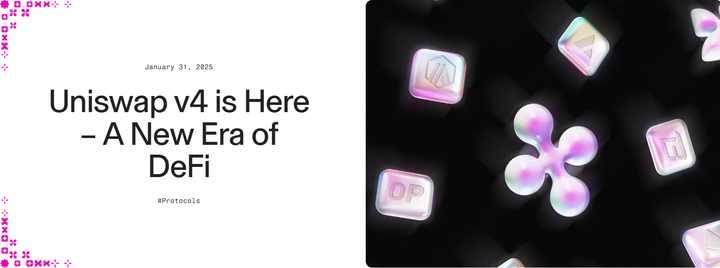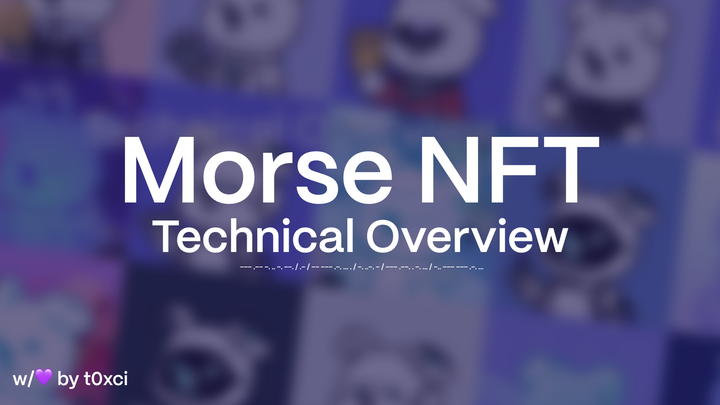ZK Projects and Short-Term Investments: What Investors Should Pay Attention To

Zero-Knowledge (ZK) technologies are one of the fastest growing segments in the field of blockchain and cryptography. Their potential promises to radically change the methods of data verification, increase privacy and scalability of decentralized applications. However, the rapid growth of interest in ZK protocols is accompanied by a wave of hasty investment projects, which often turn out to be too risky.
In this article, we will analyze the main risks associated with short-term investments in ZK projects and offer approaches for a more sober assessment of such prospects.

Promises at the "pre-product" stage
Many ZK projects collect funding at early stages - before the appearance of a working product. Often, investors are offered to participate in private sales or IDOs, based only on the whitepaper and the team. The problem is that:
· The technological complexity of ZK schemes requires a long revision;
· The actual development time can be several times longer than stated;
· the team may overestimate its capabilities or simply fail to cope.
Investor Takeaway
Don't invest in a ZK project if its main thesis is "we will create zkRollup in 3 months". Assess whether there is GitHub activity, the team's experience, real progress and partnerships.
Tokenomics without sustainability
ZK projects often issue tokens with an unstable model. This is especially true for:
· an excessively high share of distribution to the team and investors;
· instant liquidity exit after TGE;
· lack of long-term token utility.
In the short term, this can lead to a "dump", when most of the early participants withdraw their profits, leaving retail investors with depreciated assets.
Evaluation Checklist for ZK Project Investments
|
Evaluation Area |
Key Questions |
What to Look For |
|
Team
& Background |
Does
the team have experience in cryptography and blockchain development? |
Verifiable
credentials, open-source contributions, prior successful projects. |
|
Technical
Progress |
Is
there a working demo, MVP, or testnet? |
GitHub
activity, regular updates, third-party audits. |
|
Token
Utility |
Does
the token have a real use case within the ecosystem? |
Staking,
governance, transaction fees, or access to services. |
|
Tokenomics
Structure |
Are
vesting schedules fair and long-term aligned? |
Gradual
unlocks, low initial insider allocations, strong community share. |
|
Real
Need for ZK Tech |
Is
Zero-Knowledge cryptography essential to the product’s value proposition? |
Clear
justification for ZK use; alternative technologies wouldn't deliver same
benefits. |
|
Regulatory
Compliance |
Can the
project operate legally in major jurisdictions? |
Legal
disclaimers, KYC/AML support, privacy implementation within compliant
frameworks. |
|
Hype vs
Fundamentals |
Is the
marketing driven by substance or social trends? |
Whitepapers,
roadmap clarity, and technical publications instead of just influencer buzz. |
Investor Takeaway
Tokenomics is more important than hype. Study vesting, look at the strategic goals of the token, whether there are real scenarios for its use in the ecosystem.

Hype illusion and influencers
ZK projects often become the object of massive influencer support, especially in the early stages. Mentions from large accounts can create the illusion of reliability and prospects. In reality, this is often an advertising campaign, not supported by the real value of the product.
Conclusion for the investor:
Focus on the facts, not on the Twitter bubble. If the project is actively promoted, but there is no documentation, no demo, no technical audit - this is an alarming sign.
Limited market for application
ZK technologies are really useful, but not everywhere. Some projects propose deliberately irrational applications of ZK proofs, just to “stick a fashionable label”. For example, using zk-SNARKs in an area where simpler solutions can do.
Conclusion for the investor
Ask yourself: why does the project really need ZK proofs? Sometimes you hear "because it's a trend", but that's not enough.

Regulatory risks
Some ZK projects are positioned as tools for complete anonymity and invisibility of transactions. This is of growing interest to regulators, especially in the US and EU. Restrictions, bans, or prosecutions are possible, especially if the project is used for money laundering.
Key Risks of Short-Term ZK Investments
|
Risk Category |
Description |
Impact on Investors |
|
Pre-product
Investments |
Many ZK
projects raise funds without a working prototype, based solely on promises
and a whitepaper. |
High
uncertainty, risk of delays or non-delivery. |
|
Unbalanced
Tokenomics |
Tokens
often have poor vesting schedules and high allocations to insiders. |
Price dumping
after launch, long-term value erosion. |
|
Hype-Driven
Marketing |
Projects
rely on influencers and social media buzz rather than technical substance. |
Illusion
of credibility, increased likelihood of FOMO-based investments. |
|
Weak
Product-Market Fit |
ZK is
sometimes used without clear necessity or value within the project’s use
case. |
Lack of
real-world adoption, weak demand for the token or service. |
|
Regulatory
Uncertainty |
Projects
with strong privacy features may face bans or legal actions, especially in
Western markets. |
Potential
delisting, investor losses due to shutdowns or restrictions. |
Conclusion for the investor
The regulatory background is extremely important. Anonymity is a plus from the technical side, but not always from the legal side. It is important to understand whether the project can exist in the legal field.

Conclusion
ZK projects are indeed an important stage in the evolution of Web3. But not every hasty project with the fashionable prefix "zk" guarantees growth or even a return on investment.
Before investing, investors should ask themselves critical questions:
1. Is there a real product or at least an MVP?
2. How transparent is the tokenomics?
3. Who is behind the project?
4. What is the real need for ZK in this particular case?
5. What risks might arise in 3-6 months?
A balanced, cold approach to ZK investments will help avoid mistakes and more likely find projects that will actually bring value - both technologically and financially.



Comments ()